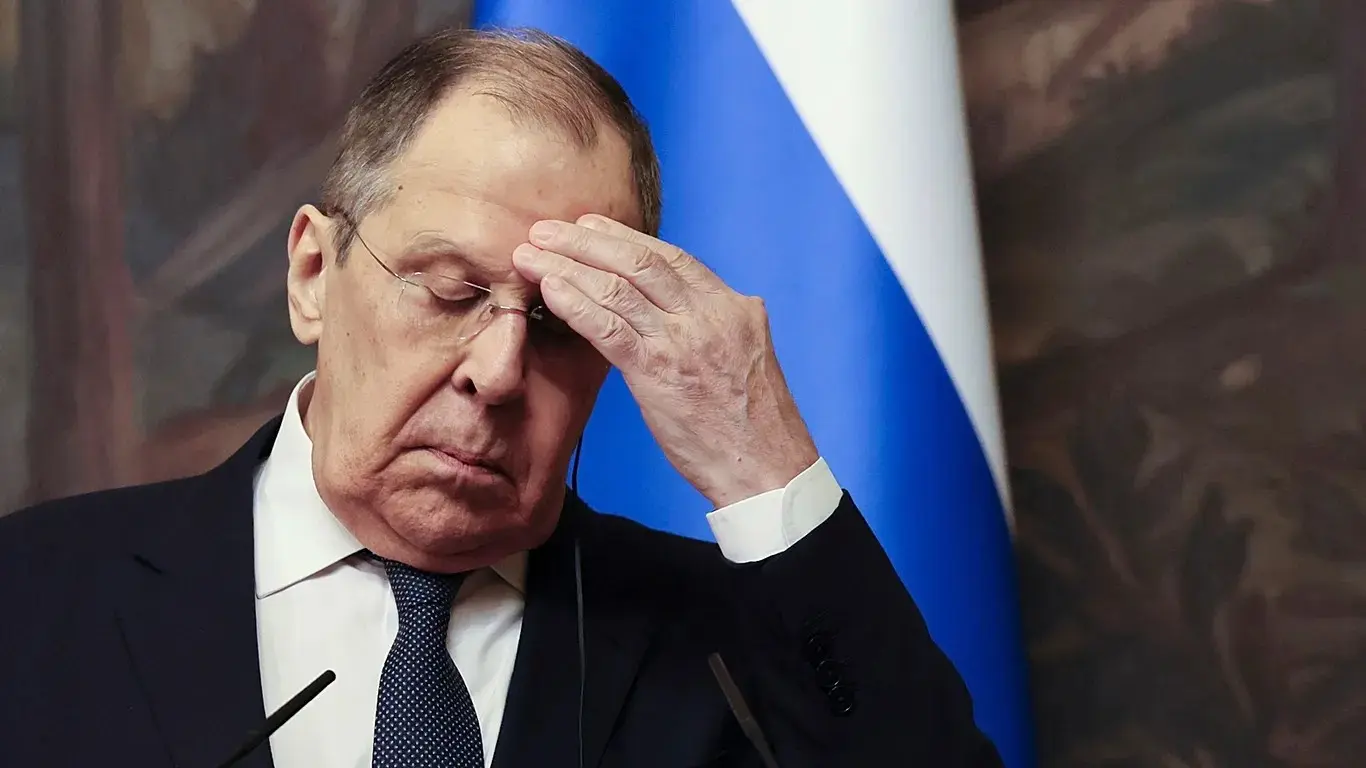As part of the 19th package of consequences against Moscow related to the Ukraine war, the European Union is looking at new limitations on the travel of Russian diplomats in the bloc. The recommendation, written by the European External Action Service (EEAS), would require Russian diplomatic and consular staff, as well as their family members, to notify the host states at least 24 hours in advance if they plan to travel to another EU member state.
 The hosts would then have the ability to allow or deny entry into the state, which is the first coordinated action being taken against Russian diplomacy action. The EEAS states Russian diplomats are “often engaged in activities which contribute to Russia’s aggression,” including disinformation efforts, intelligence coordination, and hybrid influence operations.
The hosts would then have the ability to allow or deny entry into the state, which is the first coordinated action being taken against Russian diplomacy action. The EEAS states Russian diplomats are “often engaged in activities which contribute to Russia’s aggression,” including disinformation efforts, intelligence coordination, and hybrid influence operations.
There has been energy to support the recommendation after events in Czechia, where Foreign Minister Jan Lipavský recently announced he would forbid entry into the country for Russian diplomats not accredited diplomats amid increasing threats of sabotage. For the implementation of this recommendation, there would need to be approval of all 27 member states.
If approved, the restrictions would not breach the 1961 Vienna Convention, as they are only applicable to cross-border movement, not activity in host countries. The measure comes in the context of wider sanctions on Russia’s energy sector, and follows previous expulsions of suspected Russian intelligence officers across Europe.
Negotiations are expected to ramp up over this week, with Slovakia reportedly seeking concessions if they agree to support the measure. Analysts see this move as a deliberate tightening of the EU’s hybrid defense architecture against Moscow.
